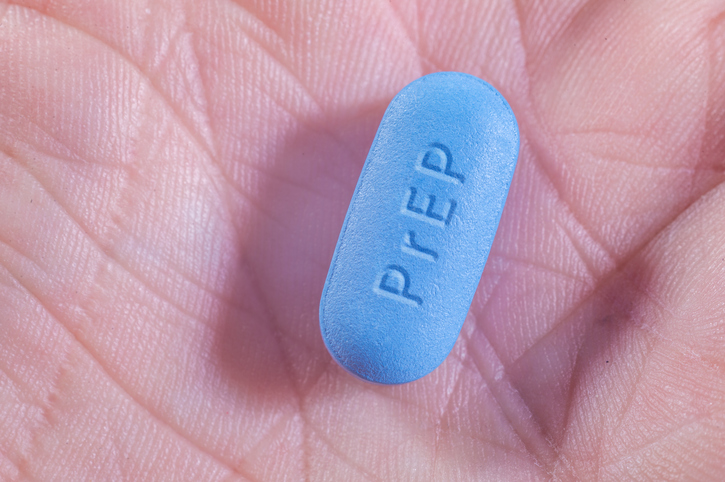
Unlocking the Potential: Medication Assisted Therapies for Opioid Substance Use Disorder in Correctional Settings
To reduce overdose rates in the U.S., leaders must recognize the impact of medication-assisted treatment in correctional facilities.

To reduce overdose rates in the U.S., leaders must recognize the impact of medication-assisted treatment in correctional facilities.

The Health Resources and Services Administration is making a $52 million investment in 54 health centers to support the health needs of those leaving incarceration.

Illinois, Kentucky, Oregon, Utah and Vermont have been authorized by HHS to provide Medicaid/Children’s Health Insurance Program coverage to those transitioning out of incarceration up to 90 days before they're released. Several healthcare leaders called the action a necessary step.

Prisons should offer abundant opportunities for HIV screening and comprehensive pre-exposure prophylaxis (PrEP) adherence programs to benefit incarcerated individuals and carceral systems as a whole.

There needs to be better communication, a focus on clinically appropriate care and more empathy when it comes to treating the mental health of the incarcerated population, executives said during a recent panel discussion.